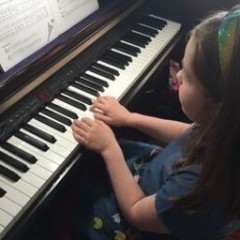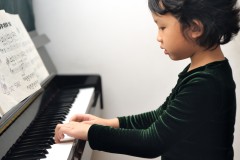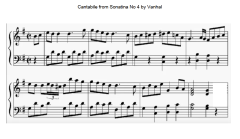
The Useful Pianist 4: Inventing - skills and stories
Exploring a variety of approaches to inventive improvising that inspire students at various ages and skill levels. more

Exploring a variety of approaches to inventive improvising that inspire students at various ages and skill levels. more

Piano teachers can motivate their students by helping them to to develop a broad range of piano skills and become more confident, expressive pianists. more

Understanding your students makes for happier lessons, helps you to teach more effectively and produces better learning outcomes. Here's a suggestion for getting to know how your pupils are feeling about their lessons and their practice. more

Some believe that public performance is an essential element of learning to sing or play. Some feel that performing in public is a matter of personal choice. Where do you stand? more
I recently took Grade 8 ABRSM on the harpsichord. I have to say that this was one of the best decisions I have recently made as a teacher! Janet describes and evaluates the whole experience. more

Why aural perception is important for music students. Why aural tests are included in ABRSM, Trinity, AMEB and London College music exams. How music exam candidates can do better at the aural tests. more

Karen Marshall gives her thoughts and advice on teaching music to pupils who have specific learning difficulties, such as dyslexia. more

Writing letter names into a musical score might seem, to a young pupil, like an easy way to get started with playing a piece but, as teachers know, it's not a good solution. It can be difficult to convince students that writing the notes in will prevent them from learning to read music successfully. more